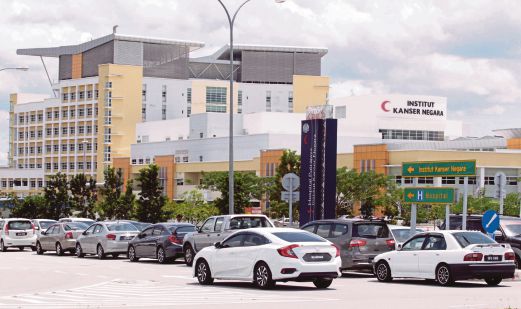Asian cities top the Expat City Ranking 2019 which saw Malaysian capital Kuala Lumpur coming in second behind Taipei.
The ranking for the easiest city to get settled as an expat was carried out by InterNations, the world’s largest expat community with over 3.5 million members.
As many as 12 Asian cities featured in the ranking which is based on InterNations’s annual Expat Insider survey that covers more than 20,000 expatriates representing 178 nationalities and living in 187 countries or territories.
In the global list, Taipei, Kuala Lumpur, Ho Chi Minh City and Singapore were in first to fourth places respectively, with Taipei defending its position in 2018. Whereas Bangkok (20th), Tokyo (26th), Jakarta (33rd), Shanghai (43rd), and Hong Kong (52th) rank midfield. Beijing (60th) and Seoul (63rd) come in towards the end of the list, and Yangon (73rd) is among the bottom 10.
“Expats seem to find it easy to get settled in most Asian cities, with the exception of Tokyo, Beijing, Seoul, and Shanghai,” InterNations said in a press release today.
Based on the ranking, Taipei, Kuala Lumpur, Ho Chi Minh City, Singapore, Montréal, Lisbon, Barcelona, Zug, The Hague, and Basel are the best cities to move to in 2020. Whereas Kuwait City (82nd), Rome, Milan, Lagos (Nigeria), Paris, San Francisco, Los Angeles, Lima, New York City, and Yangon (73rd) are the world’s worst cities.
In 2019, a total of 82 cities around the globe are analyzed in the survey, offering in-depth information about five areas of expat life — Quality of Urban Living, Getting Settled, Urban Work Life, Finance & Housing and Local Cost of Living. For a city to be featured in the Expat City Ranking 2019, a sample size of at least 50 survey participants per city was required.
KL makes it into top 3
With its second place, Kuala Lumpur finally makes it into the global top three after consistently ranking among the top 10 cities in the past few years.
In the city, 75% of the expats felt at home (versus 64% globally), while 69% were happy with their social life (versus 55% globally). Language does not seem to be a problem, as 92% find it easy to live in the city without speaking the local language (versus 47% globally).
Expats has little to complain about when it comes to Local Cost of Living (2nd) and Finance & Housing Indices (2nd). Close to four in five (78%) are satisfied with the local costs of living (versus 43% globally), and 75% find housing affordable (versus 36% globally).
However, expats’ satisfaction with their work life was mixed, ranking Kuala Lumpur 26th worldwide in the respective index. While expats were generally satisfied with their jobs (5th), they were not happy with the local career opportunities (50th). Only 47% of respondents rate the latter positively, which is just below the global average (51%).
Source: The Edge Markets
KL ranked second best city in the world for expats
Content Type:
Duration:















